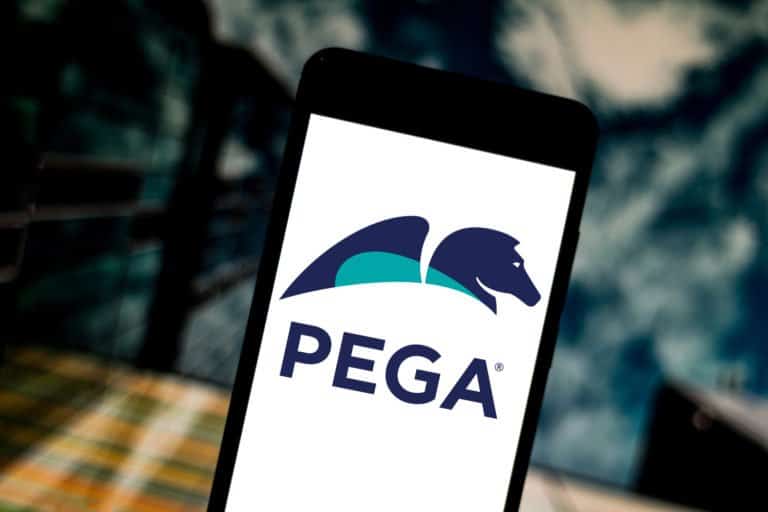Pegasystems has announced Pega Process Mining. The new capabilities allow companies to receive suggestions on how to work more efficiently. In doing so, Pega is following the same path that competitor Appian has chosen to travel.
Pega promises with the process mining platform to remove bottlenecks at organizations. The result: “higher productivity, lower costs and better experiences.”
Intuitive and generative
Pega Process Mining proceeds as follows: it models business processes based on data logs and analyzes them using “AI and special algorithms.” Pega makes a special mention of the expertise it brought in from its 2022 acquisition of Everflow. Users then get to see the data in an intuitive working dashboard. Gaining insights from this dashboard should not require training as a data analyst.
The tool can become more powerful through API interfacing with generative AI models, according to Pega. That way, it will be even easier to analyze data: examples include asking ChatGPT why it is that customer onboarding is stagnant or that sales are lagging in a particular area. This all sums up Pega’s vision to become an “autonomous enterprise”, where automation takes away a lot of work and simplifies existing labor.
Pega integrates these functionalities into the existing Pega Platform.
Why process mining?
Process mining has become increasingly important in recent years. The data explosion brought about by global digitization has no end in sight. As a result, business processes have also become increasingly digitally insightful. With process mining, organizations try to understand where processes can be improved to be suitable for as many situations as possible. The applications are virtually endless, from baggage handling at Schiphol Airport to the sales process of an online store. Optimizing these processes can save countless hours and euros per year. In 2019, we wrote extensively about the discipline of process mining, which has its origins in universities in Germany and the Netherlands.
Appian, which calls itself an “archrival” of Pega, stepped into this discipline earlier. It acquired Lana Labs, a specialist in accessibility regarding process mining. Recently, Appian pointed out that companies need more guidance to facilitate process mining. The solution: its own Insight to Action program. Appian launched the program only half a month ago, so it didn’t take long before we saw a new player on the scene.
Pega and Appian are arch rivals for a reason. A years-long lawsuit over Pega stealing trade secrets resulted in a $2 billion damage claim for Appian. The parties obviously each have their own story to tell about this, but it gives an added dimension to Pega’s decision to compete with Appian in this arena.
